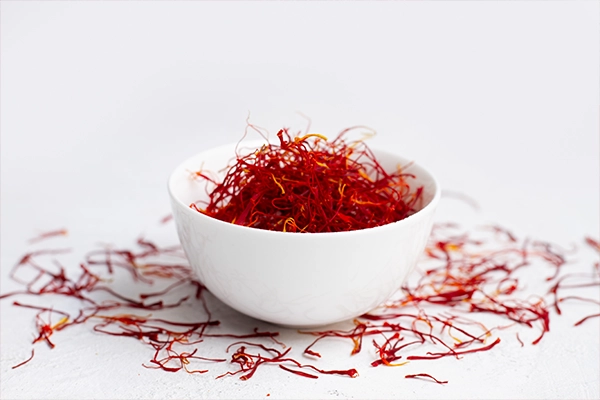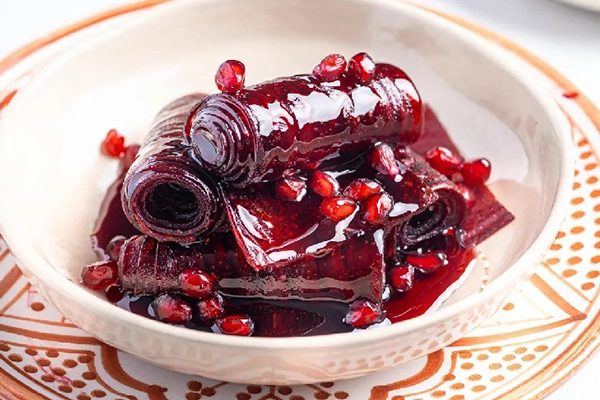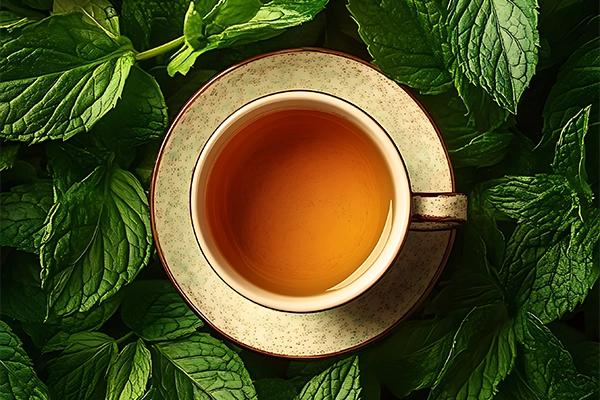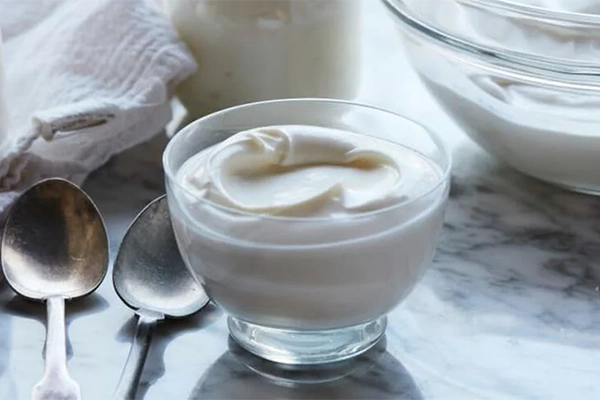Saffron, known as “red gold,” is one of the most expensive spices in the world. This rare plant requires specific growing conditions and is harvested manually, making it a time-consuming and costly process. Due to the presence of two active compounds, crocin and safranal, saffron possesses medicinal properties and a unique aroma and color, making it valuable in both cooking and the pharmaceutical industry. The main saffron-producing countries are Iran, Spain, and India. These characteristics make saffron expensive and highly demanded in the global market.
Why saffron is precious?
Saffron has long been recognized as a valuable substance in various cultures and civilizations. This spice is used not only as a unique flavoring in cooking but also in dyeing fabrics and producing cosmetics. Saffron is derived from the saffron flower, which has purple petals and orange threads. To produce just 450 grams of this precious substance, approximately 170,000 saffron flowers need to be harvested. This process is entirely manual, which is one of the main reasons for its high price. Due to its value and cost, saffron is known as “red gold” and is traded like gold in global markets.
The Superiority of Iranian Saffron
Iranian saffron, renowned worldwide for its exceptional quality, accounts for over 90% of global saffron production. The unique climate and soil conditions of Iran, particularly in the Khorasan region, contribute to the superior color, aroma, and flavor of Iranian saffron. Known for its deep red color and strong fragrance, Iranian saffron contains higher concentrations of crocin, picrocrocin, and safranal – the compounds responsible for saffron’s color, taste, and aroma respectively. This makes Iranian saffron highly sought after in international markets, commanding premium prices and setting the gold standard for saffron quality worldwide. Its distinct characteristics make it an indispensable ingredient in Persian cuisine and a prized component in various industries globally.
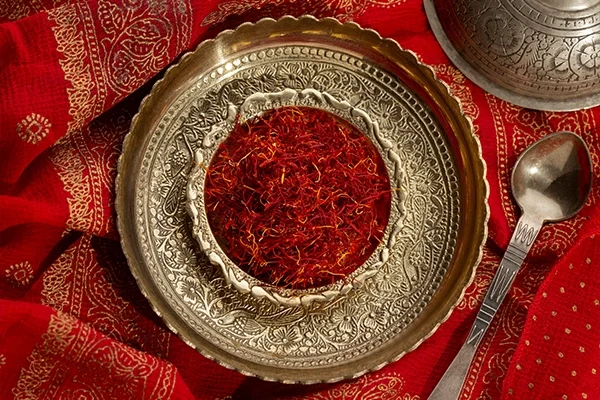
Nutritional Value of Saffron
Saffron, in addition to its exceptional taste and aroma, possesses numerous nutritional benefits. This spice, rich in significant amounts of vitamins and minerals, aids in enhancing overall health. Saffron contains essential minerals such as copper, calcium, manganese, iron, zinc, and magnesium. These elements are crucial for the proper functioning of many bodily processes. Saffron is also abundant in antioxidants, which help protect the body’s cells from damage caused by free radicals. This valuable spice contains various vitamins, including vitamin A, which is beneficial for eye health; folic acid, which plays a role in the production and maintenance of new cells; vitamins B2 and B3, which are important for energy production and maintaining healthy skin and hair; and vitamin C, which strengthens the immune system. Therefore, incorporating saffron into your diet not only enhances the flavor of your dishes but also contributes to overall health improvement.
The Most Important Saffron Benefits
1. Treatment of Depression
In addition to its delightful taste and aroma, saffron has numerous benefits for mental health. One of the key Iranian saffron benefits is its positive impact on reducing symptoms of depression. You might have heard saffron being referred to as a mood-enhancer. Research has shown that saffron can help improve mood and reduce depressive symptoms by increasing the production and release of serotonin in the body. Serotonin is a chemical in the brain that plays a crucial role in regulating mood. A deficiency in serotonin is often associated with depression and other mental disorders. Consuming saffron can increase serotonin levels, thereby creating a better overall mood. Hence, saffron has gained attention as a natural and complementary treatment for depression. Given these saffron benefits, incorporating it into your diet can contribute to better mental health and an enhanced quality of life.
2. Reducing Anxiety
One of the most significant Iranian saffron benefits is its ability to create a sense of calm and reduce anxiety. Consuming saffron can induce relaxation, lower anxiety levels, and prevent its adverse effects. Saffron has a warm nature that can help regulate the nervous system and enhance its function. This feature allows individuals to feel more relaxed and experience less nervous tension and anxiety. Therefore, saffron can be used as a natural supplement for reducing anxiety and improving mental health. Given these saffron benefits, incorporating it into your daily diet can help achieve emotional balance and increased calmness, thereby improving the quality of life.
3. Enhancing Mental Power
One of the key saffron benefits is the enhancement of mental power and cognitive abilities. Consuming saffron can improve brain function and strengthen memory. Research has shown that saffron contains compounds that positively impact brain health and enhance cognitive abilities. This spice can improve mental performance by increasing blood flow to the brain and protecting nerve cells. Therefore, adding saffron to your diet can help boost memory, increase concentration, and improve overall mental performance. Given these saffron benefits, regular use can play an effective role in maintaining and enhancing mental power.
4. Regulating Menstruation
One of the saffron benefits is regulating menstruation, which is particularly important for many women. Irregular menstrual cycles can cause stress and anxiety, negatively impacting a woman’s life and her family. Consuming saffron can help regulate menstrual periods and reduce related stress. Therefore, adding saffron to the diet can improve the quality of life for women.
5. Saffron Benefits for the Skin
One of the most important Iranian saffron benefits for the skin is its anti-aging properties. The antioxidants in saffron can help soften, increase the flexibility, and add a glow to the skin. Regular use of saffron can aid in skin whitening, prevent acne, and remove scars and dark spots, making saffron an excellent option for skincare.
6. Heart Health
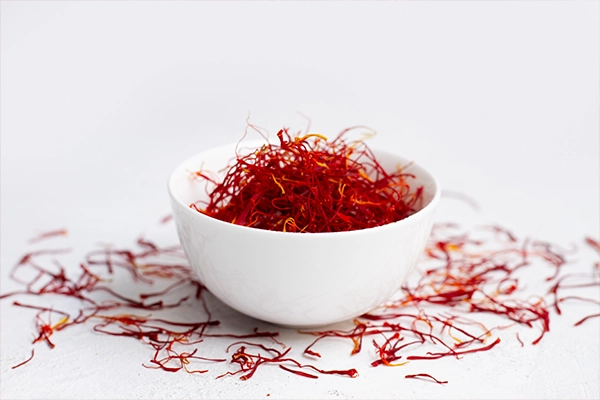
One of the saffron benefits is its high potassium content, which plays a crucial role in maintaining heart health. The potassium in saffron helps dilate and enlarge blood vessels, thereby reducing blood pressure. By incorporating saffron into your diet, you can take advantage of its properties to improve cardiovascular health.
7. Improving Digestive System
Saffron, as a valuable spice, also offers benefits for digestive health. It can help control stomach discomfort and bloating and improve the function of the liver and spleen. Additionally, saffron is known as an anti-spasmodic and can be effective in treating constipation and reducing various causes of bloating. By adding saffron to your diet, you can take advantage of its properties to improve and regulate digestive health.
8. Appetite Reduction
One of the notable saffron benefits is its ability to reduce appetite, which can aid in weight management and overall health.
9. Blood Pressure Regulation
Saffron’s potassium content helps dilate blood vessels, reducing blood pressure and promoting cardiovascular health.
10. Lung Health
Saffron can improve lung function and is believed to help with respiratory conditions, making it beneficial for overall lung health.
11. Bone Health
Saffron contains minerals that contribute to bone health, helping to strengthen bones and prevent conditions like osteoporosis.
12. Brain Health
Saffron has compounds that support brain health, enhance cognitive function, and protect against neurodegenerative diseases.
13. Rheumatism Relief
Saffron’s anti-inflammatory properties can help alleviate symptoms of rheumatism and other inflammatory conditions.
14. Nervous System Support
Saffron can help regulate the nervous system, reduce anxiety, and improve overall nerve function.
15. Eye Health
The antioxidants in saffron support eye health and may help in preventing age-related macular degeneration and improving vision.
Side Effects of Excessive Saffron Use
Saffron is generally recognized as a beneficial spice with numerous health properties, but excessive consumption can lead to adverse effects. These negative outcomes typically result from consuming saffron in amounts greater than the recommended dosage. Some of the side effects of excessive saffron use include:
1. Significant Blood Pressure Reduction: This can lead to serious health issues.
2. Excessive Blood Thinning: This may cause bleeding problems such as nosebleeds or uterine bleeding.
3. Symptoms such as Nausea, Vomiting, and Dizziness: These are signs of intolerance to high amounts of saffron.
4. Other Issues: These include decreased heart rate, bleeding from sensitive areas like the eyelids and lips, yellowing of the skin, and kidney damage.
To avoid these adverse effects, it is recommended to adhere to the prescribed saffron consumption guidelines and use it in moderation as advised by health professionals.
Conclusion
Saffron is not only a popular spice in Iranian cuisine but also a cultural and artistic symbol of the country. Its prominent presence in Iranian dishes and desserts is due to its unique flavor and aroma, as well as its health benefits and medicinal properties, making it one of the world’s most expensive spices. Hypermarket Faraz is an excellent option for purchasing Iranian spices and saffron. This online store allows you to buy high-quality, authentic spices without needing to visit a physical store, delivering them quickly to your doorstep. This convenience enables you to shop for your essentials anytime, enjoying the ease of online shopping. You can use various Iranian spices like saffron, barberry, cinnamon, cumin, turmeric, and dried pomegranate seeds to prepare delicious and authentic meals. These spices add a unique flavor and aroma to your dishes, turning your meals into a delightful and distinctive experience while adding charm and fragrance to your home.
